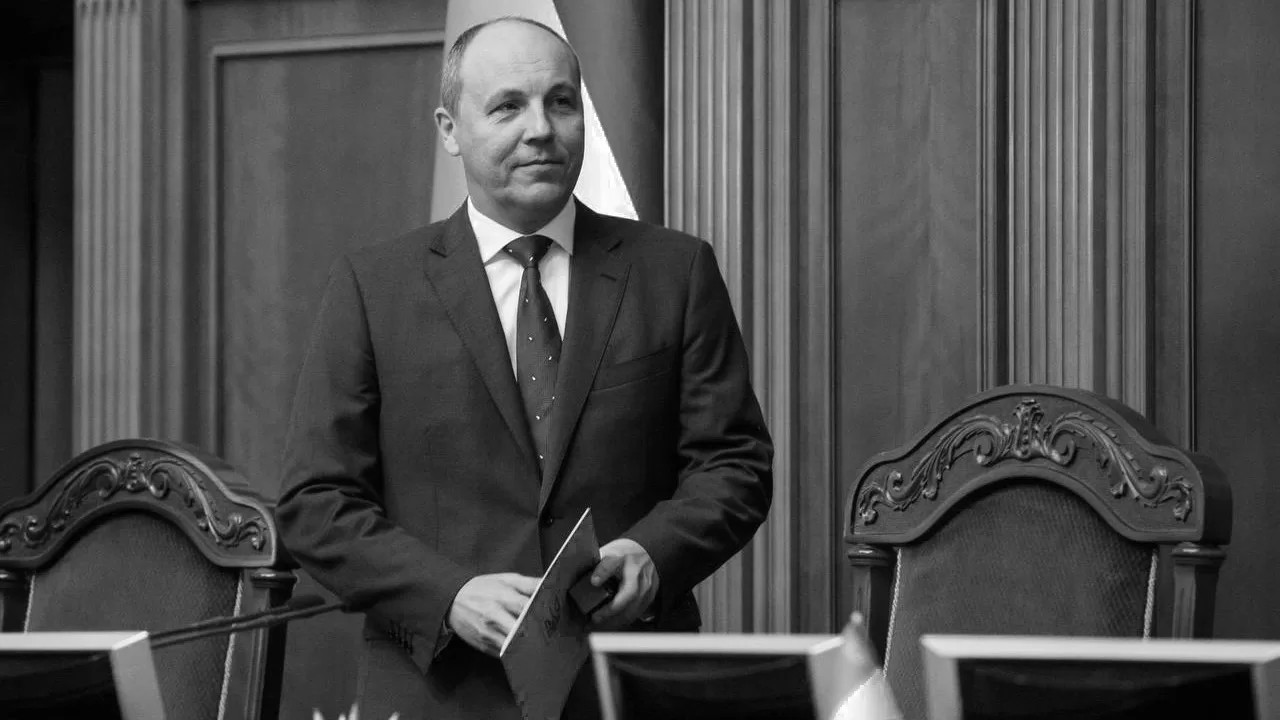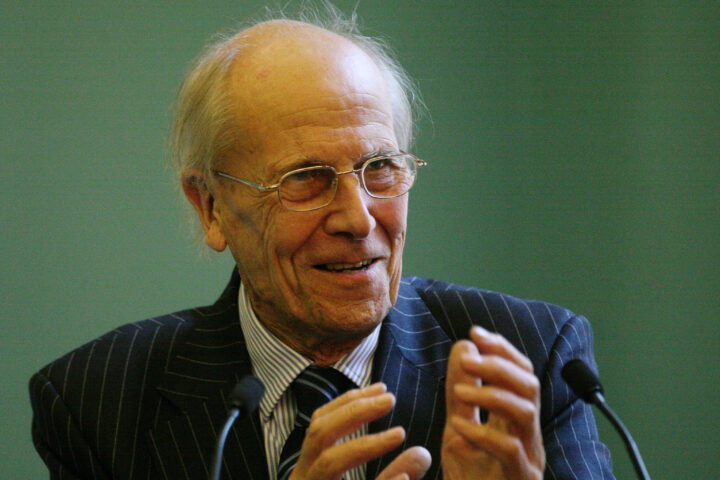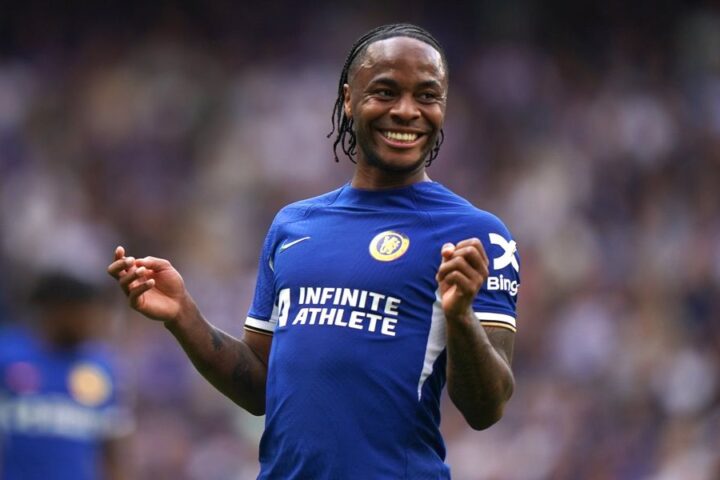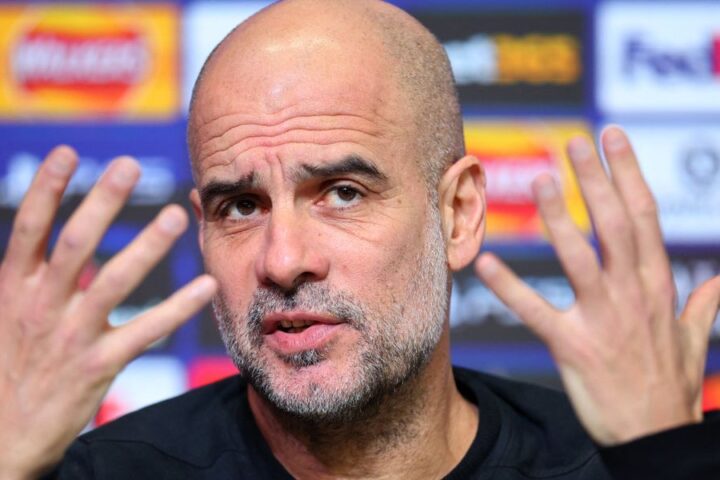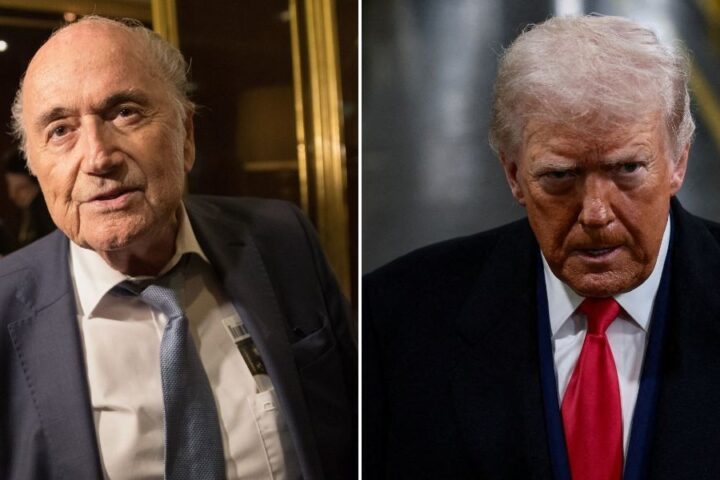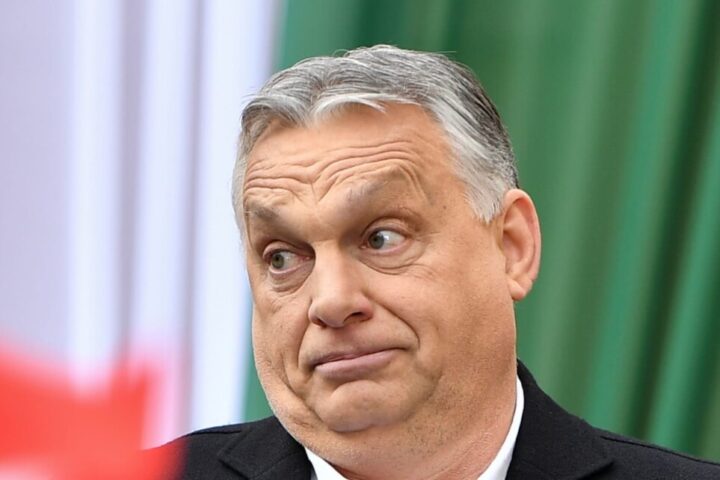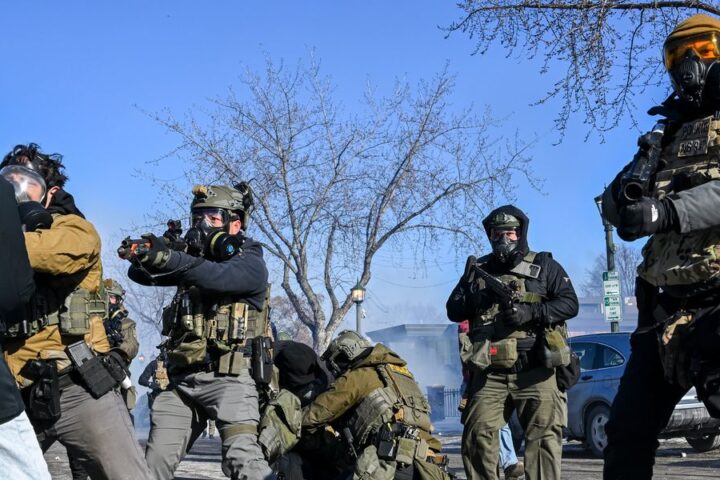On August 30, 2025, former Chairman of the Ukrainian Parliament Andriy Parubiy was shot dead outside his home in the Sykhiv district of Lviv. The attacker, disguised as a delivery courier, fired between five and eight shots at the politician, killing him instantly. Authorities are investigating the circumstances, but early assessments point to a carefully planned operation rather than a random act of violence.
Targeted killing seen as part of Kremlin’s broader strategy
Analysts stress that the assassination was not a “domestic tragedy” but a targeted strike against one of the central figures of Ukraine’s political transformation. The attack reflects a consistent Russian strategy of physically eliminating opponents beyond the battlefield. By striking at figures such as Parubiy, Moscow seeks to demoralize Ukrainian society and demonstrate that no political leader or symbol of the Revolution of Dignity is safe.
The method of the killing bears hallmarks of Russian security services: meticulous preparation, professional execution, elimination of traces, and a parallel propaganda campaign. Pro-Kremlin media outlets quickly circulated narratives about supposed “internal conflicts” in Ukraine, a tactic long associated with the GRU and FSB. Such operations often leave deliberate clues pointing to Kremlin involvement, serving as both intimidation and a warning to others.
Kremlin’s hybrid warfare extends beyond the front lines
The killing of Parubiy is widely seen as part of Russia’s hybrid warfare, which includes missile strikes, cyberattacks, and disinformation. Experts note that such actions are aimed not only at Ukraine’s frontlines but also at its political and institutional heart. The attack is intended to fracture elite cohesion, sow mistrust, and deepen public insecurity.
Parubiy’s death carries symbolic weight: he was one of the key coordinators of the Euromaidan protests and a long-standing advocate of Ukraine’s European course. His assassination can be interpreted as an act of retribution for Moscow’s defeat during the Revolution of Dignity, a movement that firmly set Ukraine on a democratic path despite Kremlin opposition.
A pattern of political violence with international precedents
The Kremlin has a record of eliminating political adversaries abroad: the poisoning of Alexander Litvinenko with polonium in London, the attempted murder of Sergei Skripal in Salisbury, the daylight assassination of Chechen dissidents in Berlin, and numerous killings of journalists and politicians within Russia itself. The assassination of Parubiy confirms that Moscow does not restrict such operations to its own territory or exiled opponents, but is prepared to target serving and former officials in neighboring states.
This attack is more than the elimination of one political figure. It represents an assault on Ukraine’s political culture, its institutional memory, and the architects of its parliamentary and defense systems. The Kremlin’s strategy is clear: to “decapitate” leadership in order to disorient the rest, reinforcing its campaign to undermine Ukrainian statehood.
